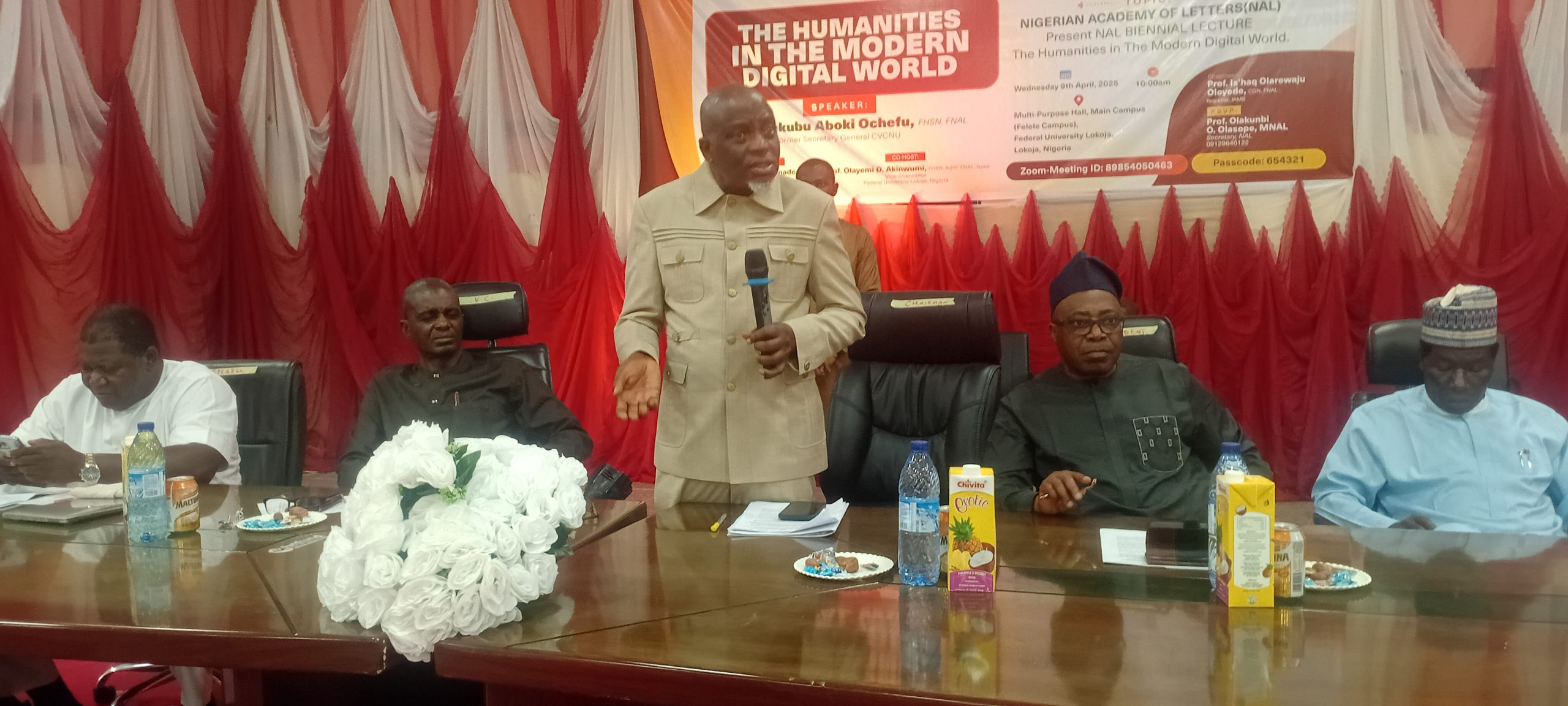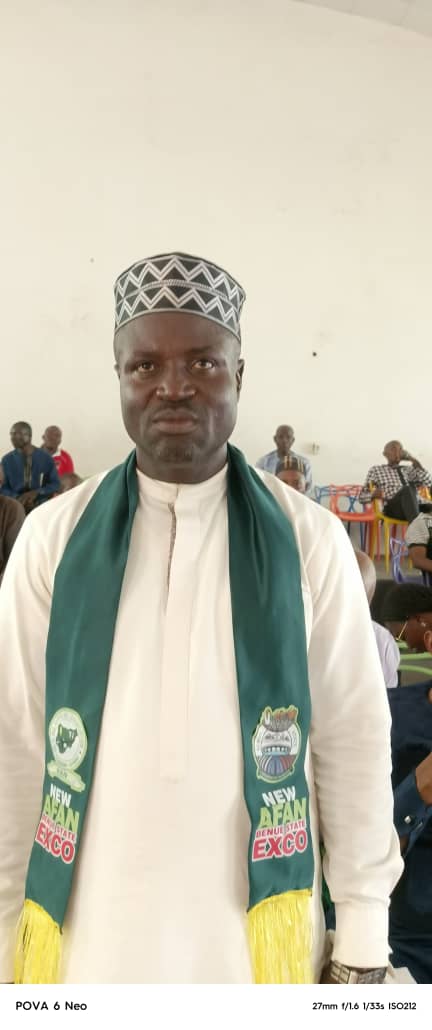By Thompson Yamput
President of Nigeria Academic of Letters (NAL), Prof. Sola Akinrinade, has advocated for recognition of humanities in the academic circle, saying it is very essential for Nigeria’s peace and development.
Akinrinade stated this at the 2025 NAL Biennial Lecture on Thursday in Lokoja.
The News Agency of Nigeria (NAN) reports that the lecture was delivered by the immediate past Secretary-General of Committee of Vice-Chancellors, Prof. Yakubu Ochefu, at Federal University, Lokoja (FUL).
Akinrinade said that the humanities — through literature, philosophy, languages, history and the arts — could help to explore the deeper dimensions of human experience.
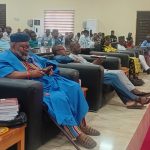
“They teach us empathy, critical reasoning, ethical reflection and cultural literacy.
“In a world increasingly driven by algorithms, it is the humanities that remind us of the human in the digital: of ethics, values, identity, memory and meaning.
“The humanities help us to ask not just “how” things work, but “why.”
“They are the disciplines that anchor our understanding of culture, empathy and community — all of which are essential for building a just, inclusive and thoughtful society.
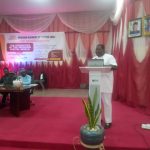
“As the world becomes more digitised, it is these tools of human understanding that will ensure that our progress remains humane, inclusive and meaningful,” he said.
Akinrinade urged people to recommit ourselves to building a national education system that valued all fields of knowledge, including the humanities, as essential for national development.
He called for adequate funding of the country’s institutions, equipping their faculties, supporting research and protecting the academic freedoms nurturing intellectual growth.
Ochefu, in his lecture, said the use of digital knowledge had contributed greatly to the growth of humanities and other sectors of the global economy in studies and practice.
The lecturer, who spoke on the topic: “Humanities in the Modern Digital World, hailed the impact of technology in advancing humanities in Nigeria and the world over.
“To fully harness the potential of Distributed Ledger, Artificial Intelligence, Extended Reality and Quantum Computing (DARQ) technologies in Nigerian humanities education, several policy interventions can be canvassed,” he said.
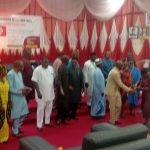
The FUL Vice-Chancellor, Prof. Olayemi Akinwumi, said there was danger in sidelining the humanities in favour of STEM disciplines, particularly in an era shaped by artificial intelligence, robotics and digital innovation.
“It’s precisely at times like these that we need the humanities the most.
“They provide us with the moral compass, historical context, cultural insight and ethical reflection that technology alone cannot offer.
“The humanities are not relics of the past—they are vital instruments for interpreting our present and imagining a better future,” he said.
According to the vice-chancellor, as the world becomes more interconnected and digitally complex, there is the urgent need for empathy, critical thinking and inter-cultural understanding. NAN

